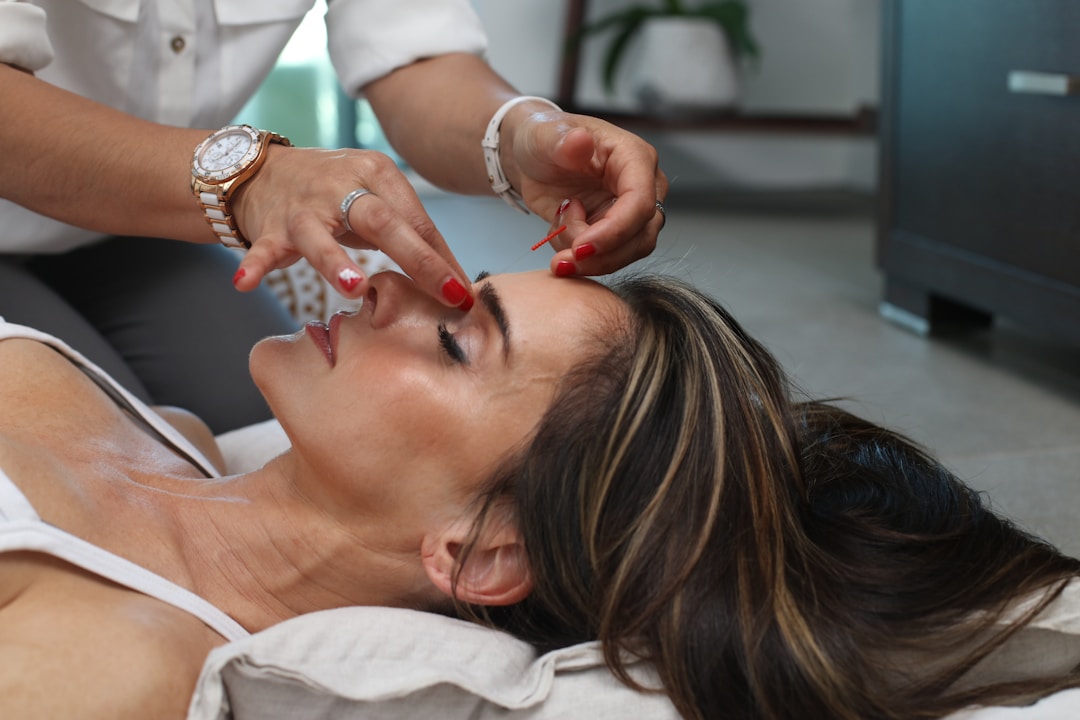There’s no denying that stress is a normal part of our everyday lives. Juggling work, school, family, and other commitments can affect our quality of life. Worse yet, high stress sometimes leaves us with restlessness, muscle tension, sleep disturbance, anxiety attacks, social phobia, agoraphobia, and other anxiety symptoms.
Nowadays, life is so fast-paced that it becomes difficult to cope with life activities and we often resort to drinking high caffeine beverages or using drugs. Sometimes, the best way to cope with stress is to slow down and take a break. On that note, here are a few more ways of dealing with stress.
Therapy

The use of therapy for anxiety and stress has become more prevalent in recent years. Psychotherapy is an effective treatment for improving mental health and anxiety disorder to promote relaxation. One of the most common types of therapy that works for stress is cognitive-behavioral therapy (CBT). Cognitive behavior therapy is usually offered by various mental health professionals (such as a psychiatrist or psychologist) that provide both short-term and long-term solutions by addressing your thought patterns and behaviors.
Keep in mind that negative thoughts can increase the stress in your life. There’s no prescribed length or number of CBT sessions for treating stress. Speak to a trained psychotherapist to help you identify the stressors in your life and proffer healthier responses to dampen the impact of the triggers.
Aside from stress and anxiety, the effect of cognitive-behavioral therapy on various mental health conditions is beneficial. This includes the treatment for the symptoms of anxiety, panic attack, PTSD, OCD, depression, bipolar disorder, social anxiety disorder, sleep disorders, and phobias. Other therapies that work for stress include psychodynamic therapy, behavioral therapy, exposure therapy, and group therapy. Sometimes, multiple methods are used together to relieve recurring stress.
Holistic Medicine
Holistic medicine takes into account the body, spirit, mind, and emotions of a person for optimal health and wellness. The guiding principle emphasizes gaining proper balance in life to achieve optimal health. This is a far stretch from the usual antidepressants or benzodiazepines used in the traditional treatment of depression. Essentially, treatment goes beyond alleviating the symptoms to addressing the root cause of the stress.
Practitioners generally believe that physical, spiritual, or emotional imbalances can negatively impact health and wellness and will first provide diagnoses to determine the type of anxiety disorder. Once the diagnostic is done, they combine different forms of treatment from traditional to alternative herbal remedies or supplements to treat the physical symptoms and control conditions. By way of example, a holistic practitioner may prescribe various medications (such as anti-anxiety medications) and lifestyle modifications for stress reduction.
A notable holistic practitioner is Julie Ann Otis—a reputable intuitive healer and somatic therapist. Feel free to visit julieannotis.com to get in touch with Julie Ann Otis. The best part is that her treatment plan includes in-person, one-on-one, and remote sessions.
Exercising Regularly

Working out with a family member is a great way to improve your mental and physical health. It can help relax your mind and body after encountering stressful situations. Keep in mind that exercise improves sleep quality which invariably translates to better stress management to alleviate certain mental health issues. Research shows that exercise stimulates the body to release endorphins and endocannabinoids that help improve sleep and block pain. Physical activities like running, dancing, swimming, cycling, and aerobics can serve as stress relief. Additionally, relaxation exercises like yoga, progressive muscle relaxation, and meditation also have a similar effect and offer a significant improvement in your mood.
Eating Healthy
Healthy diets and stress levels are closely related. Most times, people forget to eat well when they are stressed and overwhelmed. Eating a balanced meal can reduce the effects of stress, lower your blood pressure, and improve your mood. If your diet is lacking vital nutrients, try new ways of eating. Incorporate fruits, vegetables, and protein into your diet to alleviate the symptoms of stress.